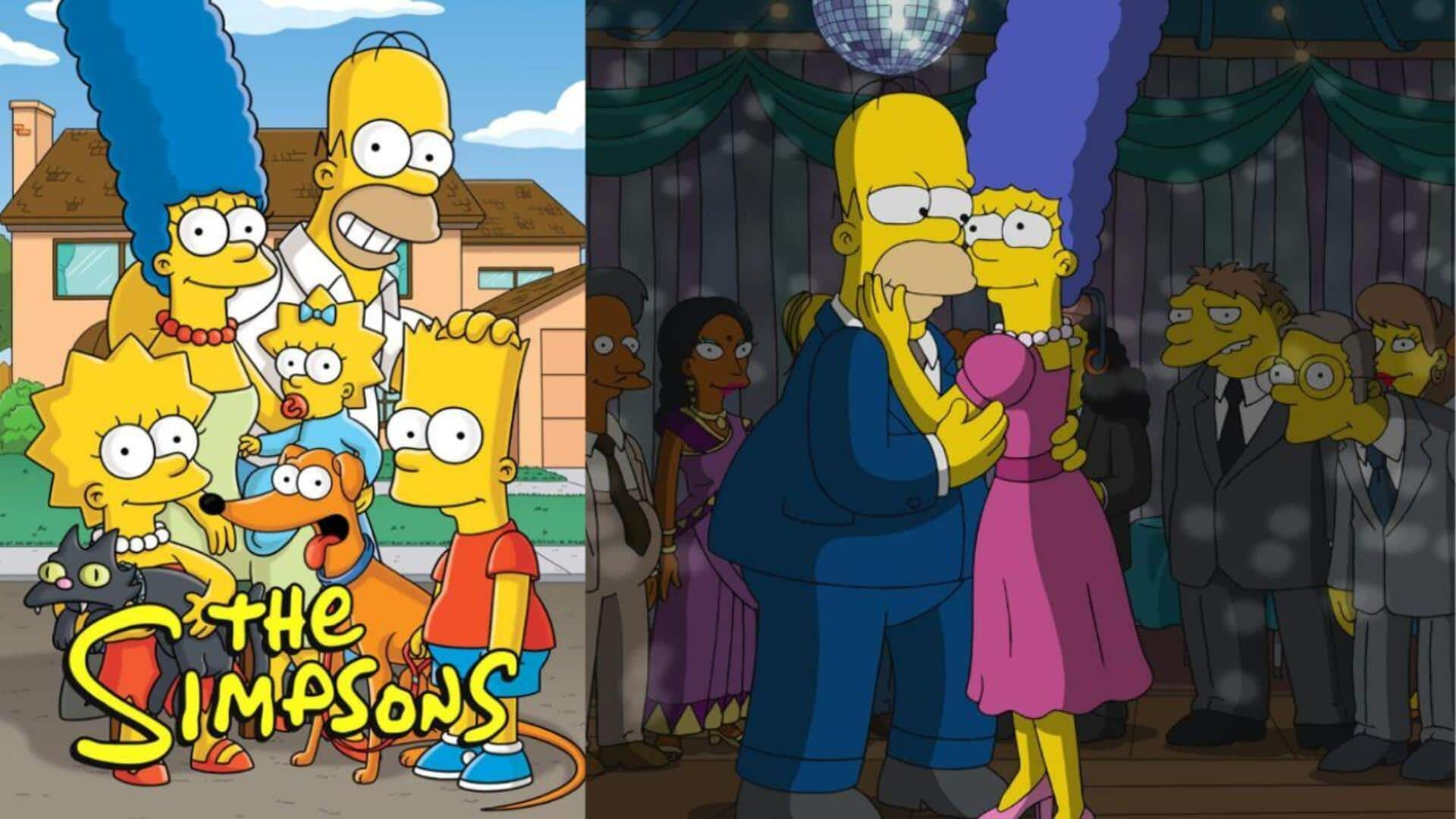
'The Simpsons' and the art of predictive storytelling
What's the story
The Simpsons has been an integral part of television for decades, famous for its humor and satire on society. But one of the most interesting things about the show is its eerily accurate predictions of the future. This has led to conversations on how the creators of the show manage to predict trends and events so accurately. Let's see what The Simpsons reveals about predictive storytelling.
Drive 1
Cultural trends and technology
One way The Simpsons excels in predictive storytelling is by tapping into cultural trends and technological advancements. The writers often incorporate emerging technologies and societal shifts into their episodes, which sometimes become reality years later. By staying attuned to current developments, they create storylines that resonate with viewers when these predictions come true.
Drive 2
Satirical commentary on society
Another area where The Simpsons has been brilliant at is its satirical take on issues plaguing society. The show employs humor to draw attention to the absurdities littered across politics, economics, and social norms. This way, they're able to delve into what the future may hold for us, based on the patterns in society. As these things play out in reality, it looks like the show predicted it.
Drive 3
Long-running format advantage
Being a long-running series also gives The Simpsons an edge in predictive storytelling. With over three decades of episodes, it has so many chances for the predictions to match real-world events just by the rule of probability. The sheer number of storylines makes the chances stronger that some would eventually be similar to actual events.
Drive 4
Creative freedom and imagination
Lastly, creative freedom is a big part of The Simpsons's ability to predict the future. The show's writers have the freedom to explore creative situations without restrictions usually present in other formats. This allows them to push boundaries and think of possibilities that may sound far-fetched initially but materialize later as reality progresses.